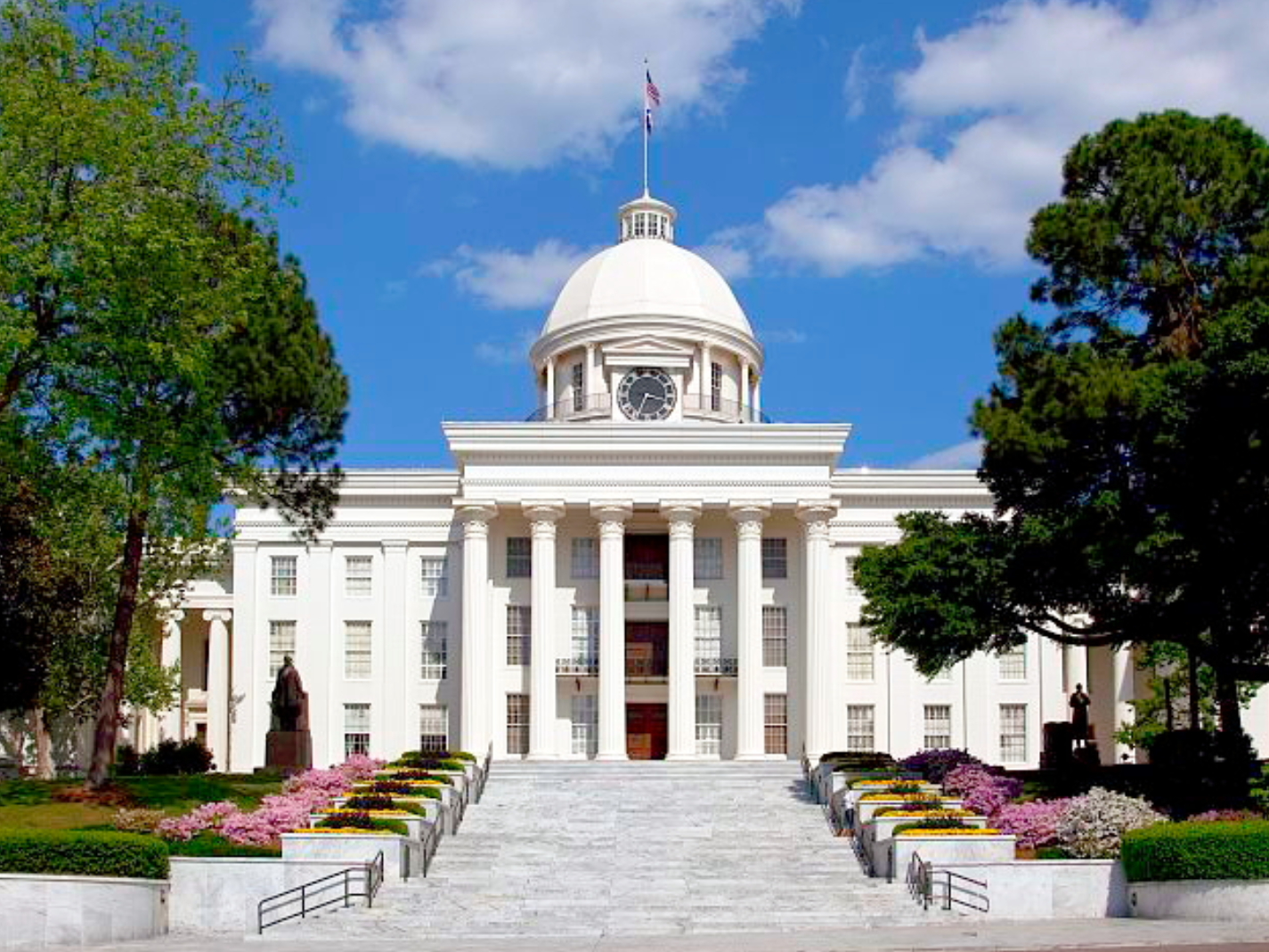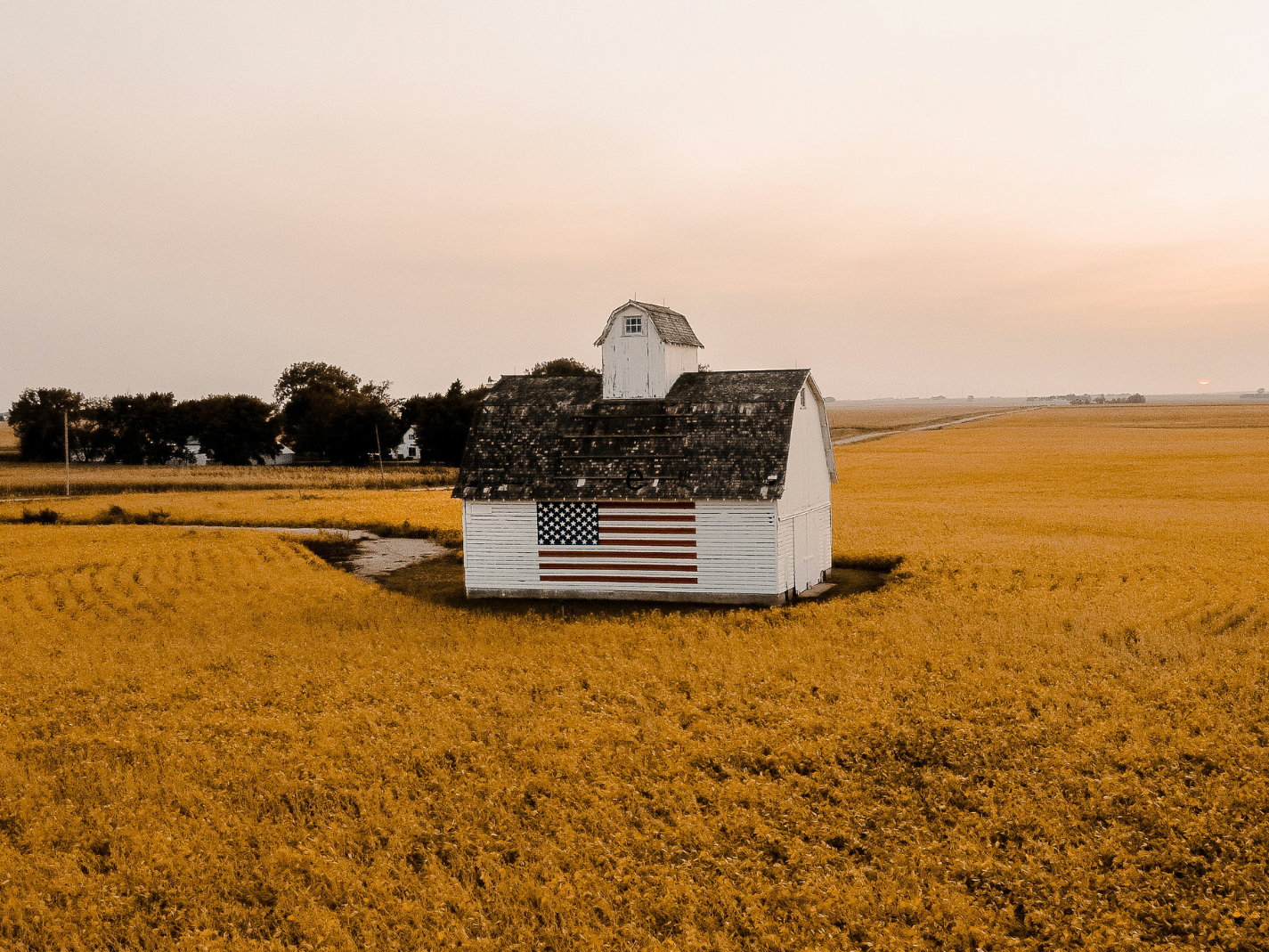The Civics Alliance has released a new resource—one that will surely benefit any grassroots activist concerned about social studies. And the Academic Freedom Alliance just released a statement decrying the use of diversity statements in higher education.
Higher Education Litmus Tests
Across the country, many universities have adopted the practice of requiring faculty job applicants to submit a diversity statement, a short essay describing a candidate’s commitment to diversity, equity, and inclusion. By now, these statements are old news, though they’ve always been criticized as political litmus tests. As I note in a recent article,
Unfortunately, the diversity statements can easily stamp out dissenting viewpoints. At UC Berkeley, for example, job candidates will receive a low score on their diversity statements for “explicitly state[ing] the intention to ignore the varying backgrounds of their students and ‘treat everyone the same’”, and a high score for “Discuss[ing] diversity, equity, inclusion, and belonging as core values that every faculty member should actively contribute to.” Institutions from Emory University to the Texas Tech University Department of Biological Sciences have adapted the UC rubric, proudly policing the core values of faculty.
And unfortunately, diversity statements are on the rise:
In its 2022 survey of tenure practices, the American Association of University Professors found that 21.5% of the institutions it surveyed had DEI criteria in their tenure standards. For larger institutions, it was 45.6%. As diversity officers increase, so too will their preferred policies.
But the pushback is ramping up. Last month, the Academic Freedom Alliance released a statement calling for universities to end the practice:
Academics seeking employment or promotion will almost inescapably feel pressured to say things that accommodate the perceived ideological preferences of an institution demanding a diversity statement, notwithstanding the actual beliefs or commitments of those forced to speak. This scenario is inimical to fundamental values that should govern academic life.
We should hope that this marks the beginning of the end of the practice. Yet, in the meantime, some DEI advocates are already speculating about how to insert such statements into undergraduate admissions.
Social Studies Reform State Information Packets
The Civics Alliance has crafted State Information Packets that provide all of the necessary information for those working to reform social studies standards in each state. The information includes current social studies standards and their current website location; the timeframe in which each state is required to review and revise its social studies standards; state laws and administrative codes governing social studies instruction in the public schools; state agencies and groups responsible for writing and adopting social studies standards; the electoral or bureaucratic relationships these agencies have with the general public in each state; and the opportunities community members and educators have to offer feedback and comments during a standards’ revision cycle.
So far, the Civics Alliance has crafted packets for 40 of the 50 states (plus the District of Columbia), and the remaining packets will appear throughout the fall. For our purposes, this information is invaluable, helping everyone know just how social studies standards are adopted and revised in each state. We hope this information will inform every citizen and grassroots activist on precisely how to get involved in those processes.
Affiliate Activity
The Alabama Civics Alliance has created a website, which will serve as a hub for civics reform activity in the state. We encourage you to check it out—and we encourage other state affiliates to consider creating their own websites.
As always, one key way to support the work of the Civics Alliance is to contact and work with our state affiliates. If your state does not yet have an affiliate, you should consider forming one.
Call for New Civics Alliance State Affiliates
The Civics Alliance is building a network of state affiliates—groups dedicated to removing action civics in their state, whom we will list on our website. If you would like to form such an organization, or suggest an existing organization, please get in touch with David Randall (randall@nas.org).
Continuing Priorities: Federal Legislation
At the federal level, the Civics Secures Democracy Act threatens to impose action civics nationwide.
The Civics Bill Tracker
Civics Alliance members may now use the Civics Bill Tracker to track all proposed federal and state legislation related to civics.
Public Action
We encourage Civics Alliance members to inform the public and policymakers about the stakes and consequences of action civics bills.
John Sailer is a Research Fellow at the National Association of Scholars and serves as Keeping the Republic Project Lead.



